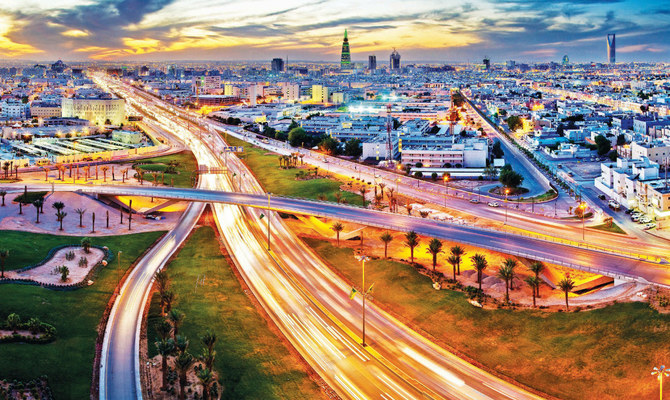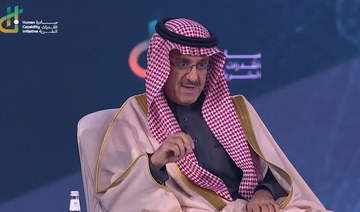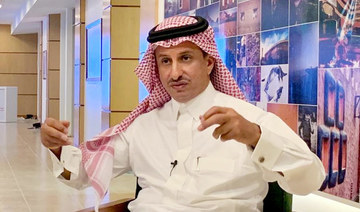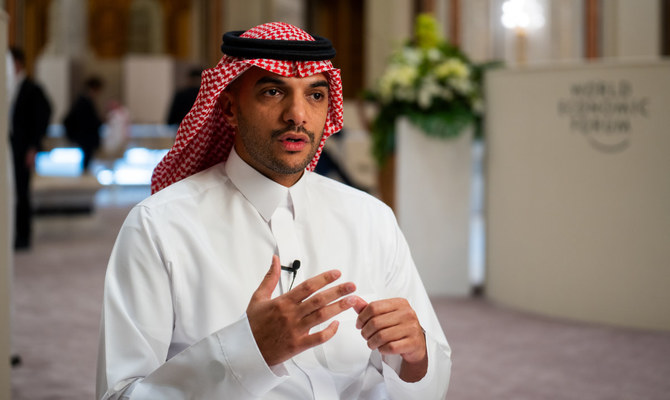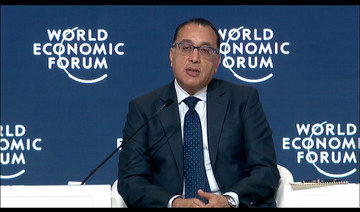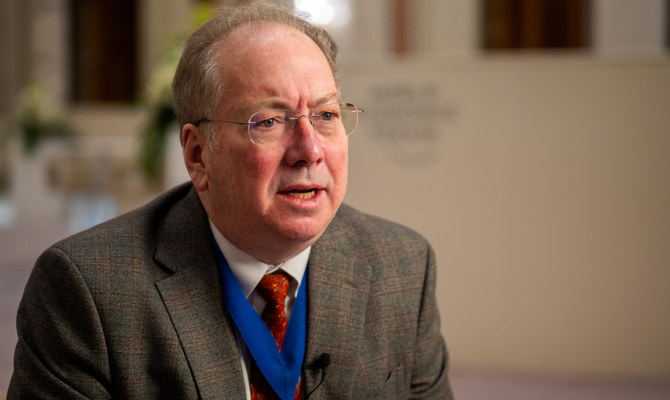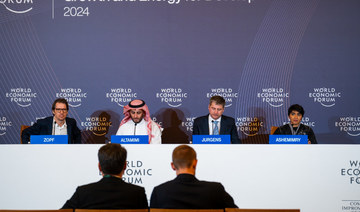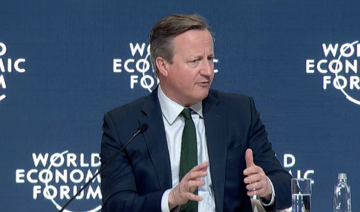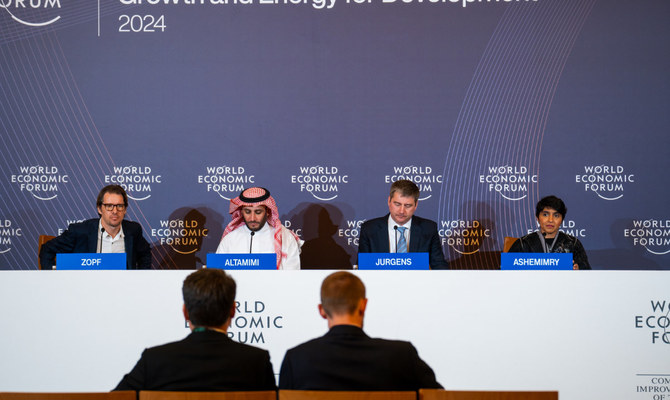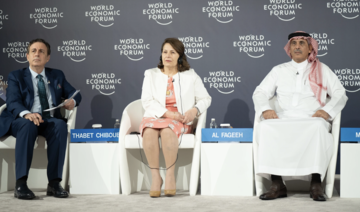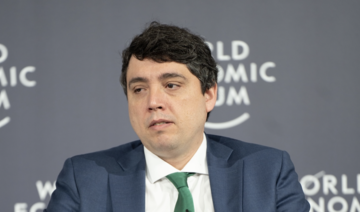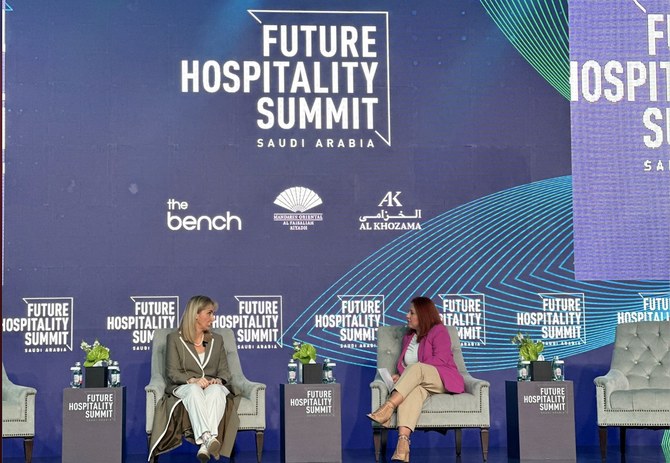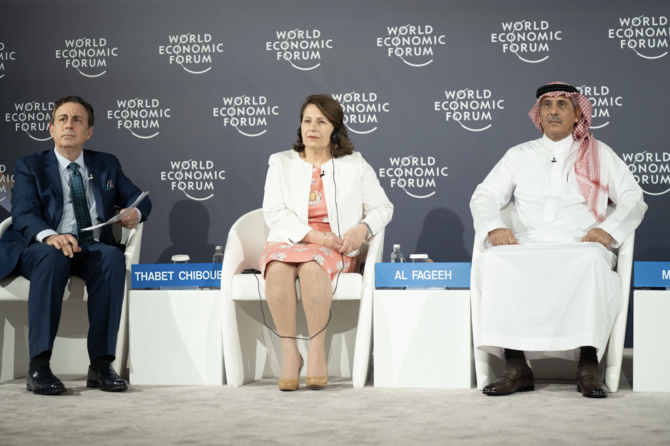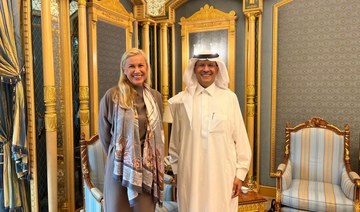RIYADH: New additions to the premium residency visa options by the Saudi government this year could open the Kingdom’s market to affluent expatriates and investors, a survey said.
According to the report released by real estate consultancy Knight Frank, this initiative is a pivotal shift in the Kingdom’s approach to residency and property ownership by non-Saudis and is expected to have substantial implications for the demand dynamics of residential properties.
The premium visa residency option, launched in 2019, aims to allow eligible foreigners to live in the Kingdom and receive benefits such as exemption from paying expat and dependents fees, visa-free international travel, and the right to own real estate and run a business without requiring a sponsor.
To attract more foreign talents and to diversify the economy, the Kingdom added five new products to its premium residency program in January 2024.
Under the new addition, the most noted one was the privilege to own residential real estate assets worth a minimum of SR4 million ($1.07 million) within the Kingdom.
“The threshold of SR4 million is set to ensure that the investments are significant, likely leading to an influx of high-value transactions in the real estate market. This could potentially increase the demand for luxury and high-end residential properties, driving up property values in these segments,” said Knight Frank in the report.
According to the UK-based consultancy, Saudi Arabia’s premium residency visa option will also compel developers to expand their portfolios by including more premium residential projects, thus transforming the urban landscape of major cities in the Kingdom including Riyadh, Jeddah and Dammam.
“The introduction of this new visa scheme, however, signifies a strategic opening of the market to international investors and affluent expatriates seeking long-term residency options,” said Talal Raqqaban, partner, valuation, PPP and deal advisory at Knight Frank.
Demand for branded residences drives growth
According to the consulting firm, the demand for branded residencies in Saudi Arabia is driving the growth of the real estate sector in the Kingdom.
The report revealed that Saudi Arabia is witnessing significant investments in these residential offerings, and added that the Kingdom is one of the most exciting new markets globally.
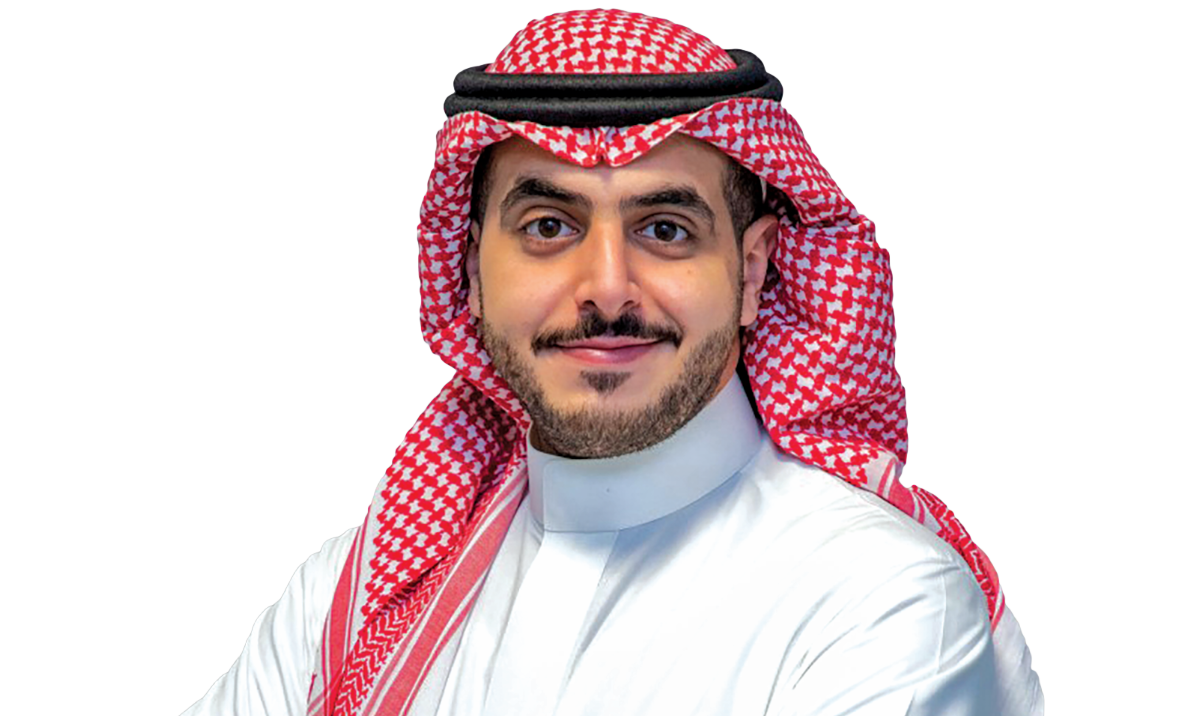
The introduction of this new visa scheme signifies a strategic opening of the market to international investors and affluent expatriates seeking long-term residency options.
Talal Raqqaban Partner, valuation, PPP and deal advisory at Knight Frankç
Knight Frank said that the growing number of high-net-worth individuals in Saudi Arabia is likely to help bolster demand for branded residences.
The number of HNWI in the Kingdom rose from 122,784 to 134,539 between 2022 and 2023, the report added.
“The unique and exclusive nature of branded residences only adds to their allure. Moreover, the assurance of quality service and maintenance by the associated brands makes these investments particularly attractive and all but assures asset value appreciation,” said Mohamad Itani, partner, residential sales and marketing projects at Knight Frank.
The report added that international appetite for branded residences in the Kingdom has recently received a shot in the arm with the introduction of the new property ownership-linked premium residency visas.
“With a minimum threshold of SR4 million to qualify, demand for homes in the Kingdom is expected to rise as a result, noting that the property needs to be owned outright, with no debt against it, to receive the premium residency,” Knight Frank said in the report.
NEOM emerges as Saudi expats’ most preferred giga-project
The real estate consultancy revealed that Saudi Arabia’s $500-billion mega project NEOM is the most preferred residential destination among expats, with 29 percent of the surveyed participants wishing to buy a home in this sustainable city.
This was closely followed by Jeddah Central at 15 percent and King Salman Park at 8 percent, the report added.

The assurance of quality service and maintenance by the associated brands makes investments particularly attractive and all but assures asset value appreciation.
Mohamad Itani Partner, residential sales and marketing projects at Knight Frank
Of those interested in NEOM, 42 percent are interested in The Line, while 19 percent of the participants want to have a home on Sindalah Island.
“Saudi Arabia’s giga-projects represent some of the most ambitious construction ever undertaken and it stands to reason that these new city-sized developments continue to captivate prospective buyers,” said Faisal Durrani, partner, head of research for Knight Frank in the Middle East and North Africa region.
He added: “NEOM has consistently ranked as the most preferred location for Saudi’s eyeing up future home purchases in the Kingdom’s Giga projects and it appears that expats too have been wooed by the planned ultra-futuristic offerings at the Belgium-sized $500 billion super-city.”
Some 82 percent of the 241 expatriates who took part in the survey said that they are ready to spend under SR3.75 million to own a home in NEOM.
“(Some) 32 percent say they will look to spend under SR750,000, which may cause challenges for developers as Knight Frank expects that the bulk of stock in the giga-projects will be priced north of $ 1 million,” the report added.
FASTFACTS
• The premium visa residency option, launched in 2019, aims to allow eligible foreigners to live in the Kingdom and receive benefits such as exemption from paying expat and dependents fees.
• According to the consulting firm, the demand for branded residencies in Saudi Arabia is driving the growth of the real estate sector in the Kingdom.
On a positive note, 41 percent of the participants revealed that they were still interested in making a purchase in the giga-project and were also willing to reconsider their budget.
Overall, the average expat budget for a home in a giga-project stands at SR2.7 million, nearly 58.8 percent higher than for elsewhere in the Kingdom.
According to the report, millennial expats aged below 35 claim to have the deepest pockets, with average budgets of SR4.3 million, nearly twice compared to people aged between 45 to 55 whose budgets stand at SR1.5 million.
“High-earning expats are eager to own property in the Kingdom’s giga-projects and the fact that high earners are prepared to spend more on giga-project homes will be welcome news for developers, but the key will be to offer distinctive community features and amenities that go above and beyond. Open spaces and having a park view, for instance, top expats’ wish lists,” said Itani.



